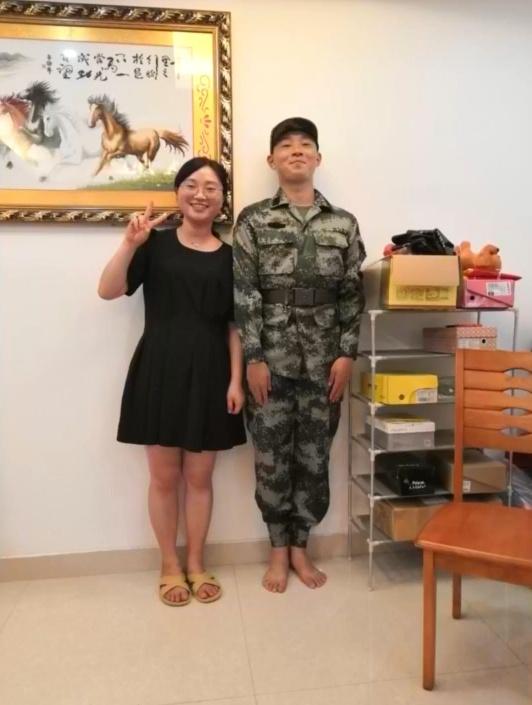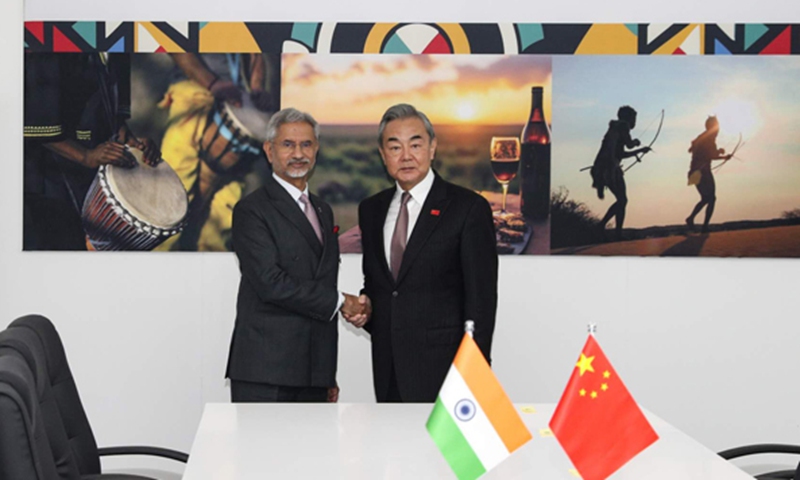More than four years after the Galwan Valley clash in June 2020 between the two nuclear-armed neighbors, local Chinese media have once again revisited the incident and portrayed it as a battle where Chinese soldiers bravely ‘defended’ their territory against ‘foreign incursions.’
The latest coverage by Chinese media outlet Sohu tells the story of Chen Xiangrong, a soldier who died in the Galwan Valley clash of June 2020.
The confrontation in Galwan Valley, a rugged and strategically important region in the Karakoram Mountains, was one of the deadliest border clashes between China and India in over four decades.
Unlike previous skirmishes, this conflict turned deadly despite an agreement between both sides to avoid the use of firearms near the border.
The new report claims that approximately 600 foreign [Indian] troops crossed into what China considers its territory in the Karakoram Mountains, armed with improvised weapons such as maces and shields.

In response, their regiment commander, Qi Fabao, along with ten soldiers, approached the ‘intruding forces’ for negotiations but were met with sudden violence. This led to a brutal hand-to-hand clash, where Chinese reinforcements were called to push back the Indian troops.
Among those celebrated in Chinese reports is 19-year-old soldier Chen Xiangrong, who was described as a fearless ‘shield-bearer’ protecting his comrades.
Chen’s personal writings, particularly his now-famous quote—”My love is crystal clear, it is only for China”—have been widely circulated in Chinese media, possibly to reinforce his image as a young patriot who died for his country.
After his death, his unfinished letter to his mother was found in his belongings. The letter simply began with “Dear Mother,” followed by blank pages.
His mother, when informed of his death, reportedly asked only one question: “Did my son fight bravely?” Her response has been held up as an example of selfless devotion to the country.
However, one may question whether such narratives emerge organically or are carefully crafted for propaganda purposes, especially since Beijing disclosed its soldiers’ deaths nearly a year after the clash.
India reported 20 casualties, including Colonel Santosh Babu, while China officially acknowledged the deaths of four soldiers, a figure some international intelligence sources have disputed.
Independent reports suggest that casualties on the Chinese side may have been significantly higher than officially admitted. Yet, Beijing has remained tight-lipped about the total number of deaths.
Nonetheless, the new report highlights that Chen’s sister, Chen Qiaochai, later joined the military in a civilian capacity, stating that she wanted to complete the duty that her brother left behind.
Her own writings, particularly an article titled “Clear Love, Forever Stay in the World,” were published in state media to cement the emotional resonance of her brother’s story.
India-China Relations On Path To Renewal
In the aftermath of the Galwan Valley clash, relations between India and China plummeted to their lowest point in decades. Tensions soared, and diplomatic engagements were severely strained.
However, in the following years, both nations have made gradual efforts to stabilize their ties, engaging in multiple rounds of dialogue aimed at military de-escalation and diplomatic reconciliation.
As part of these efforts, India’s External Affairs Minister, S. Jaishankar, and Chinese Foreign Minister Wang Yi met on February 21 on the sidelines of the G20 Foreign Ministers’ Meeting in Johannesburg, South Africa.
The move reflects ongoing diplomatic attempts to resolve bilateral challenges and ease regional tensions.
A crucial breakthrough came late last year when India and China completed the disengagement process at the last two remaining points of friction in eastern Ladakh—Depsang and Demchok.

Around the same time, Prime Minister Narendra Modi and Chinese President Xi Jinping met in Kazan, Russia, on October 23, 2024, where they agreed to revive various dialogue mechanisms to facilitate better communication and conflict resolution.
During the latest meeting between Foreign Ministers, Wang Yi emphasized the need to rebuild mutual trust, stating that restoring stability and fostering win-win cooperation aligns with the expectations of both nations.
He also reaffirmed that the leaders’ discussion had set the direction for improving bilateral relations and added that China and India, as two ancient civilizations and neighboring major powers, should work toward trust, support, and shared success.
Similarly, Jaishankar stated that the meeting between Prime Minister Modi and President Xi in Kazan was crucial in rebuilding bilateral relations, offering valuable direction for the process.
He noted that interactions between India and China across multiple sectors have gradually resumed, leading to notable progress in their engagements.
- Contact the author at ashishmichel(at)gmail.com
- Follow EurAsian Times on Google News




